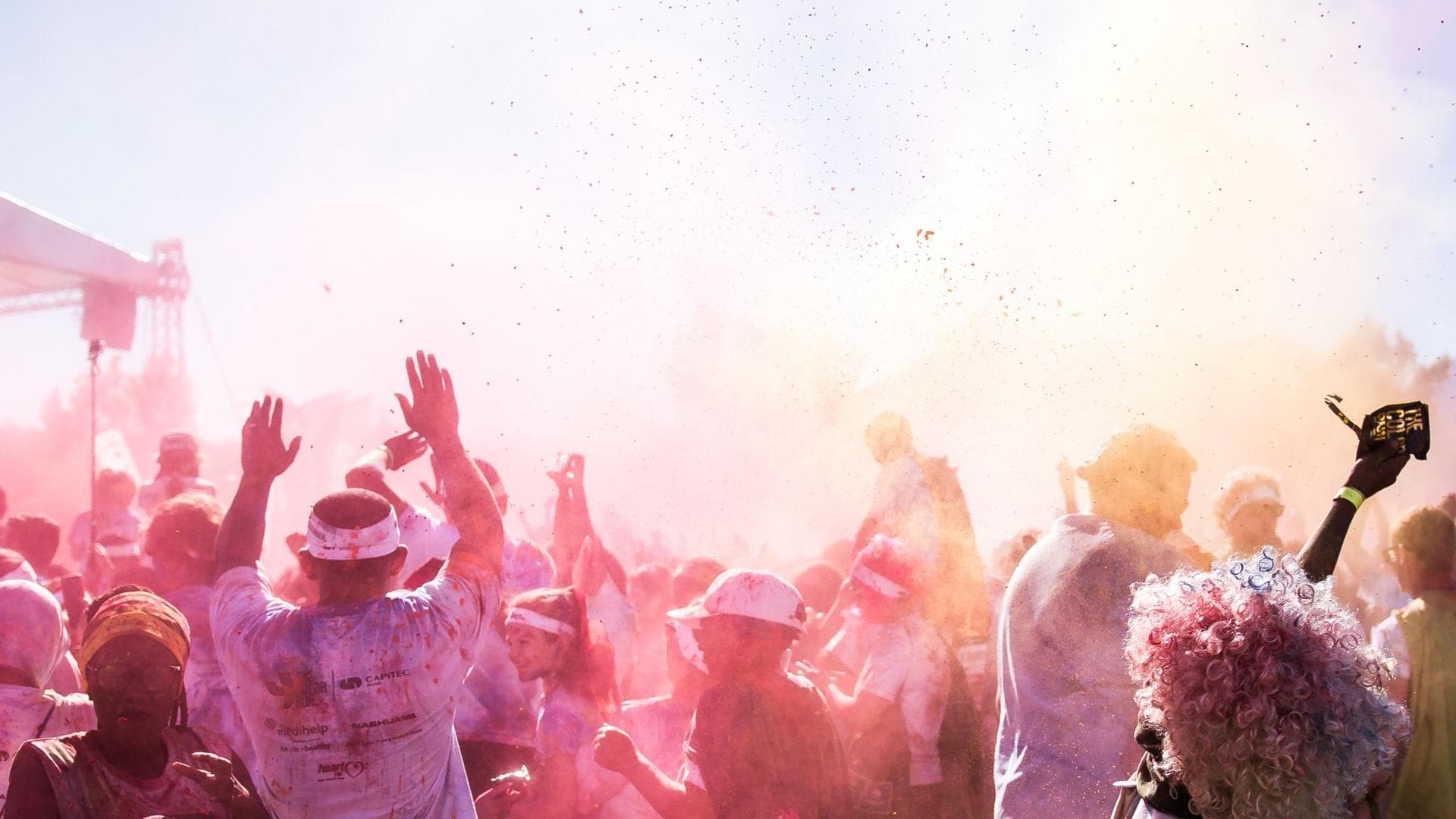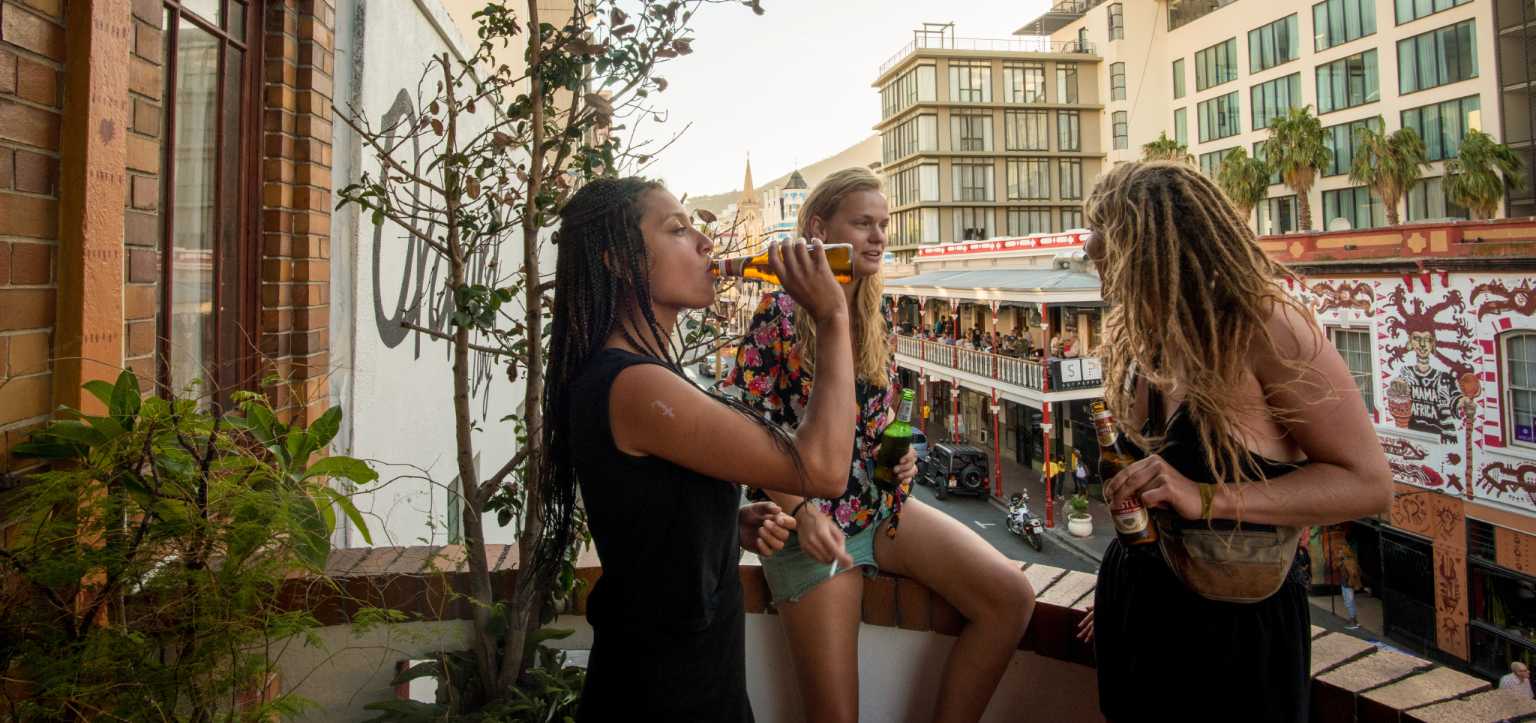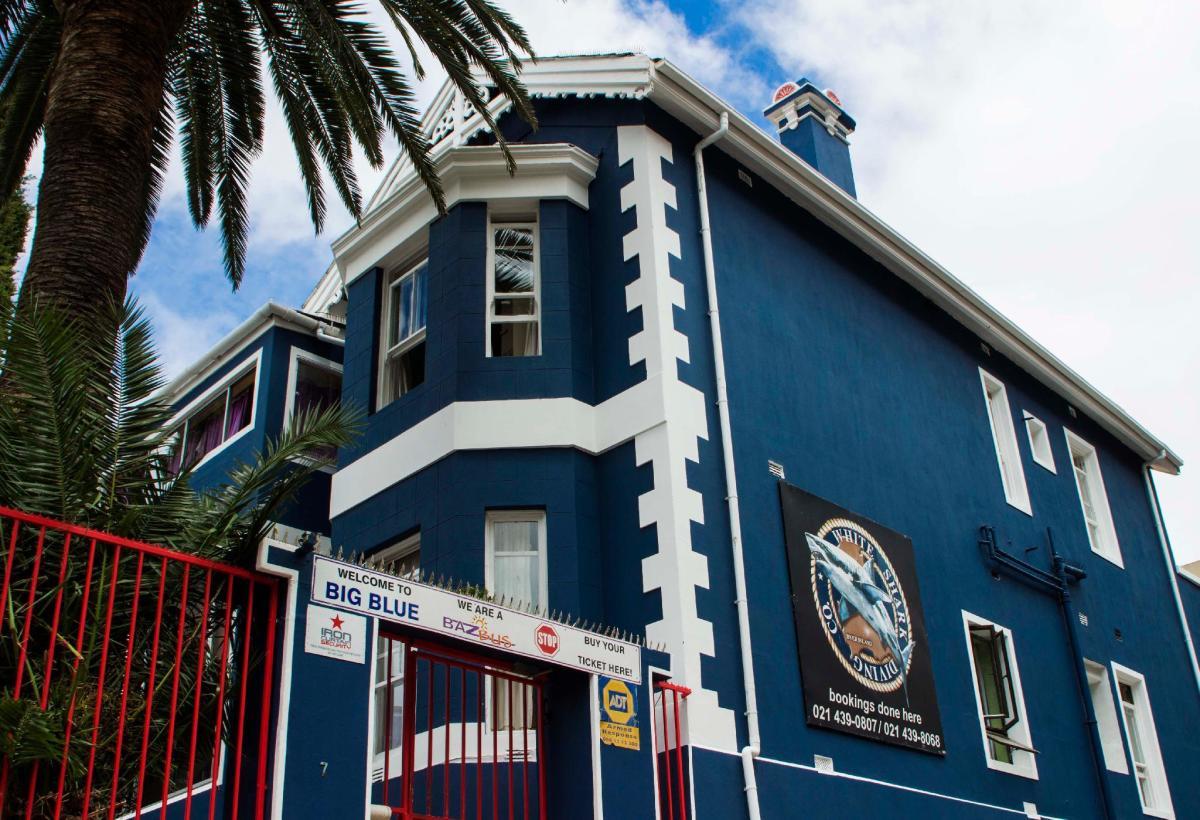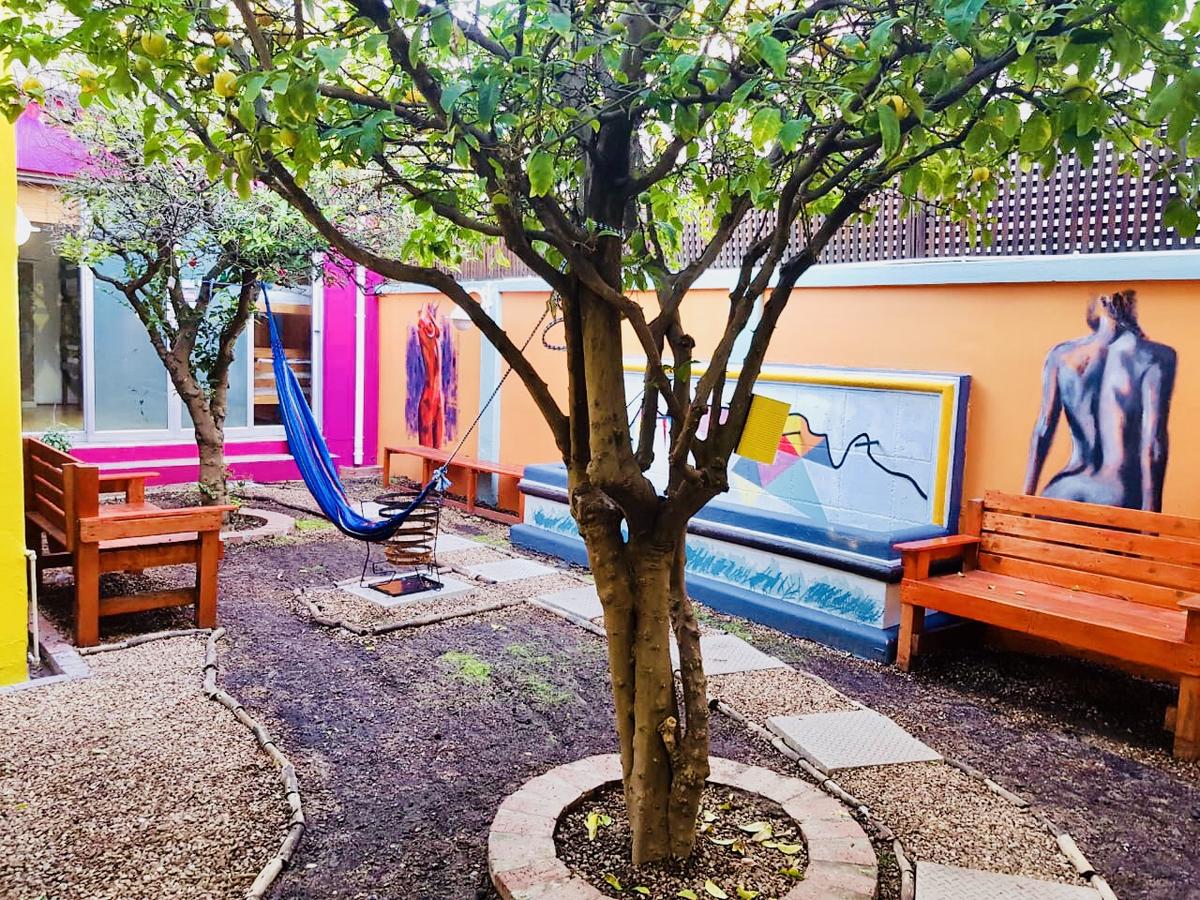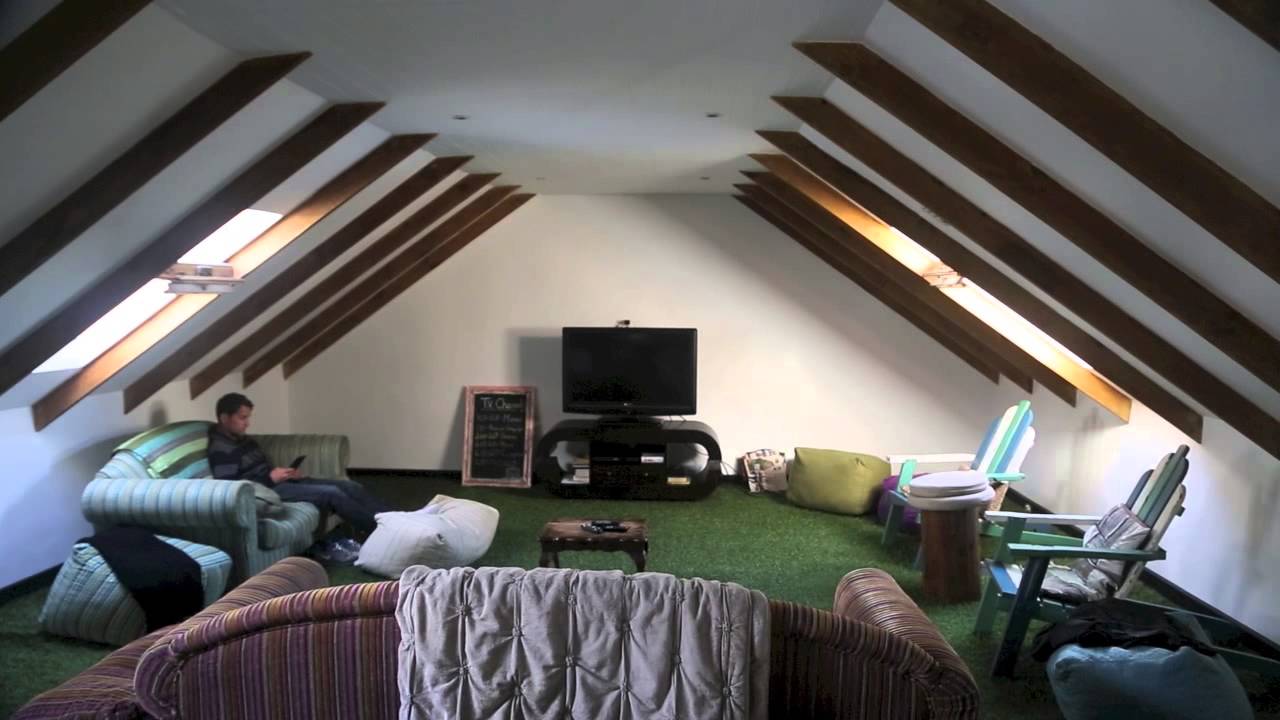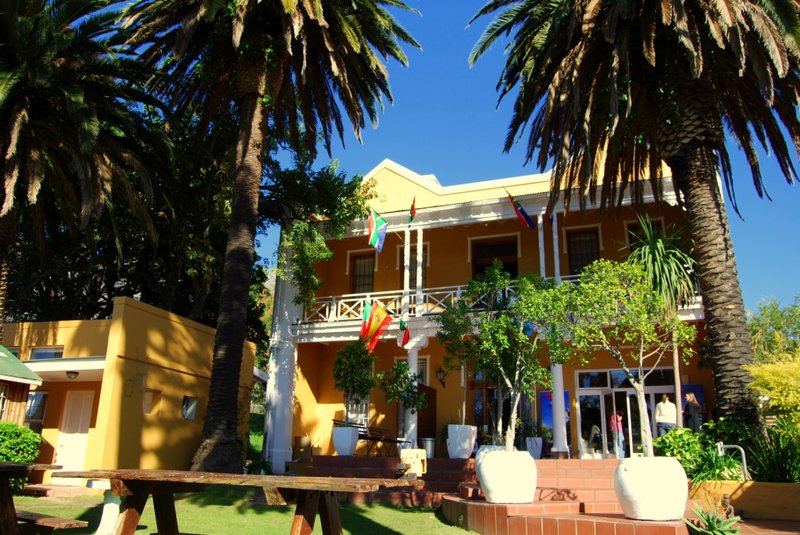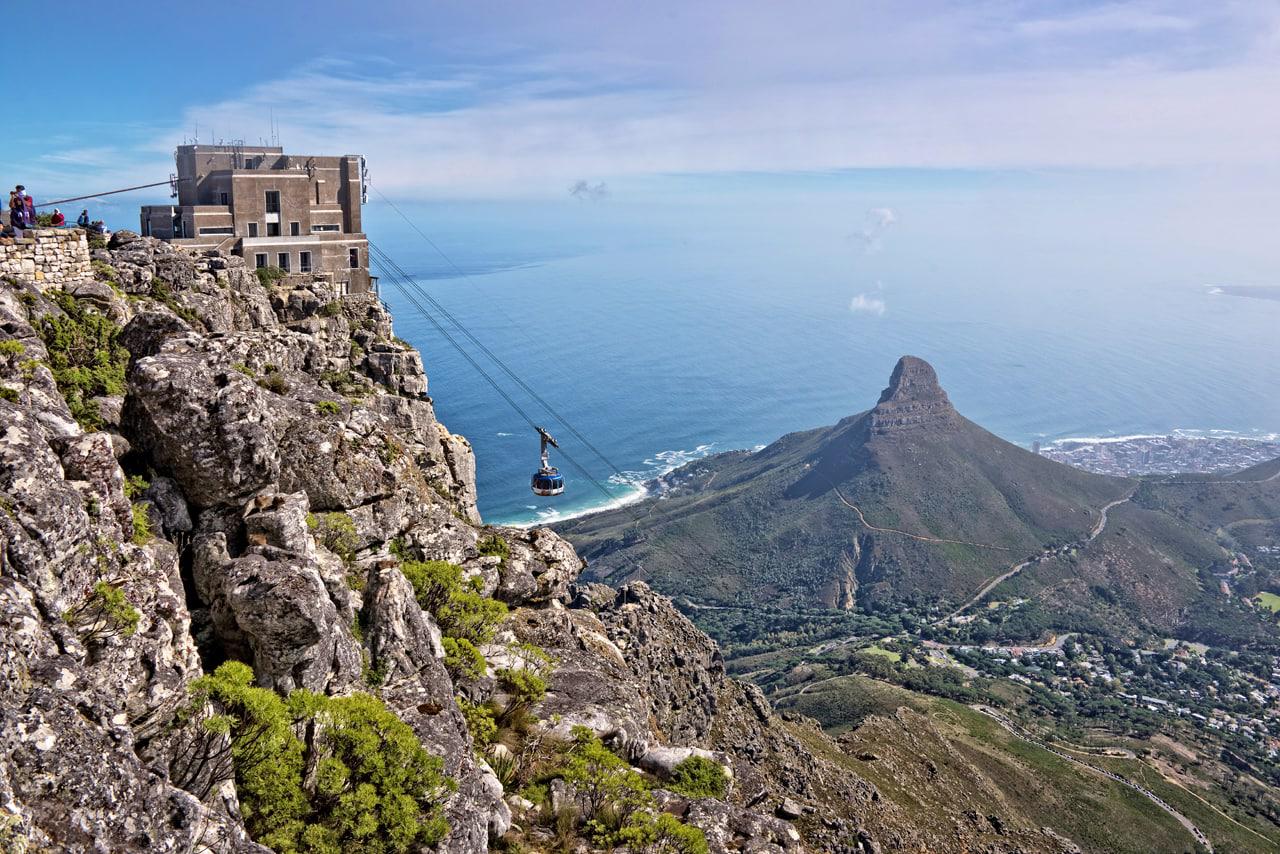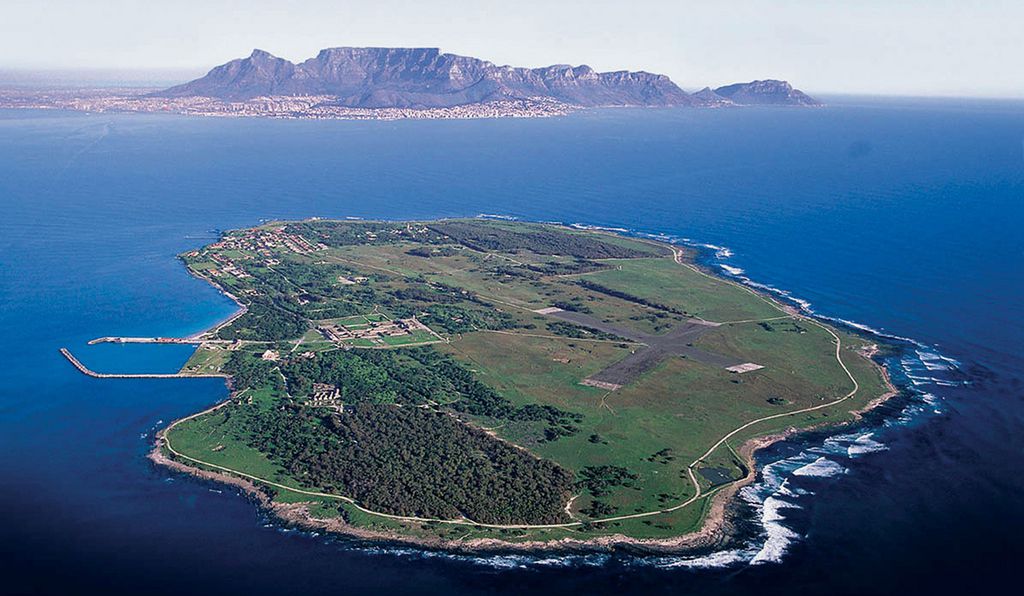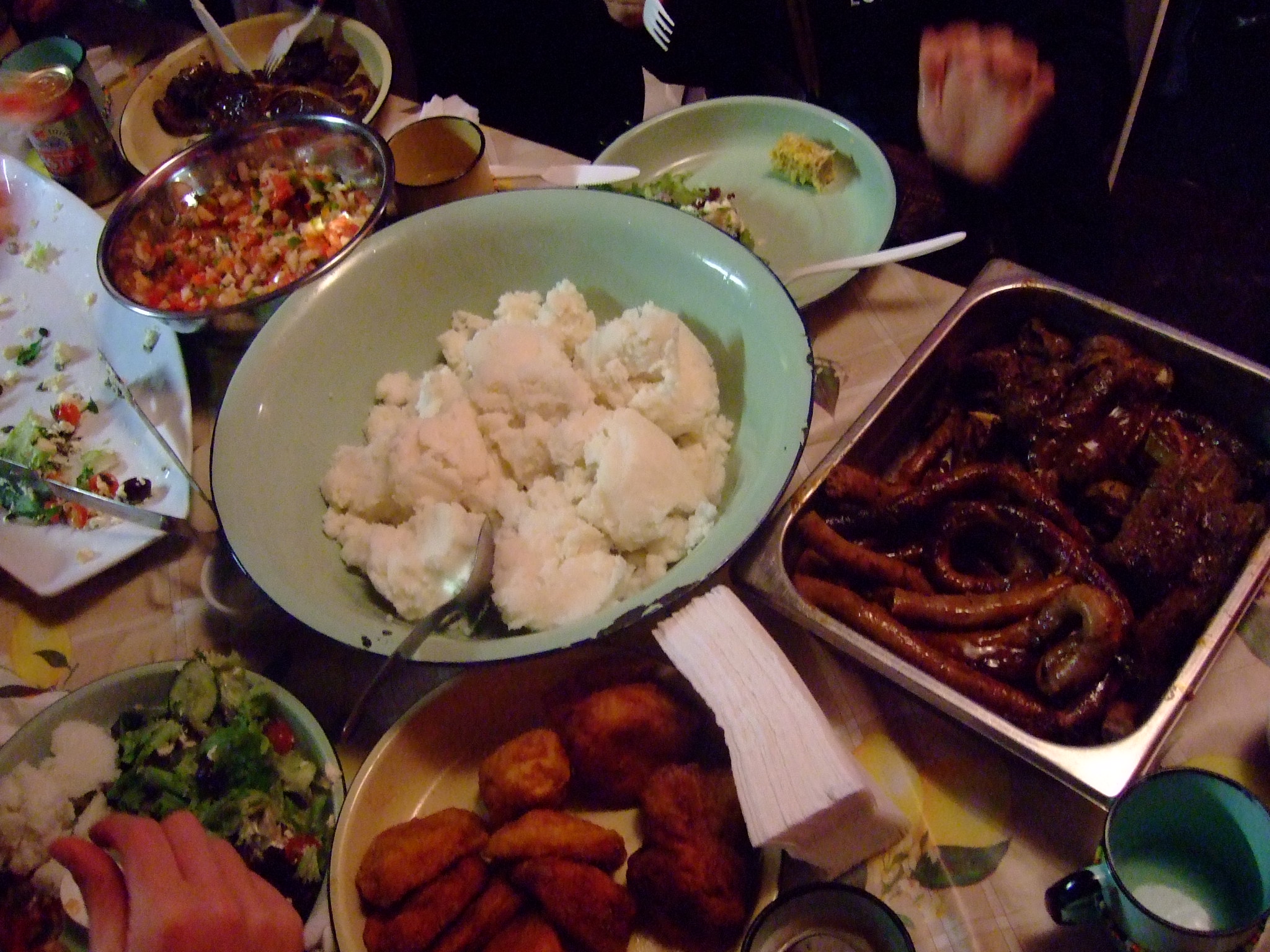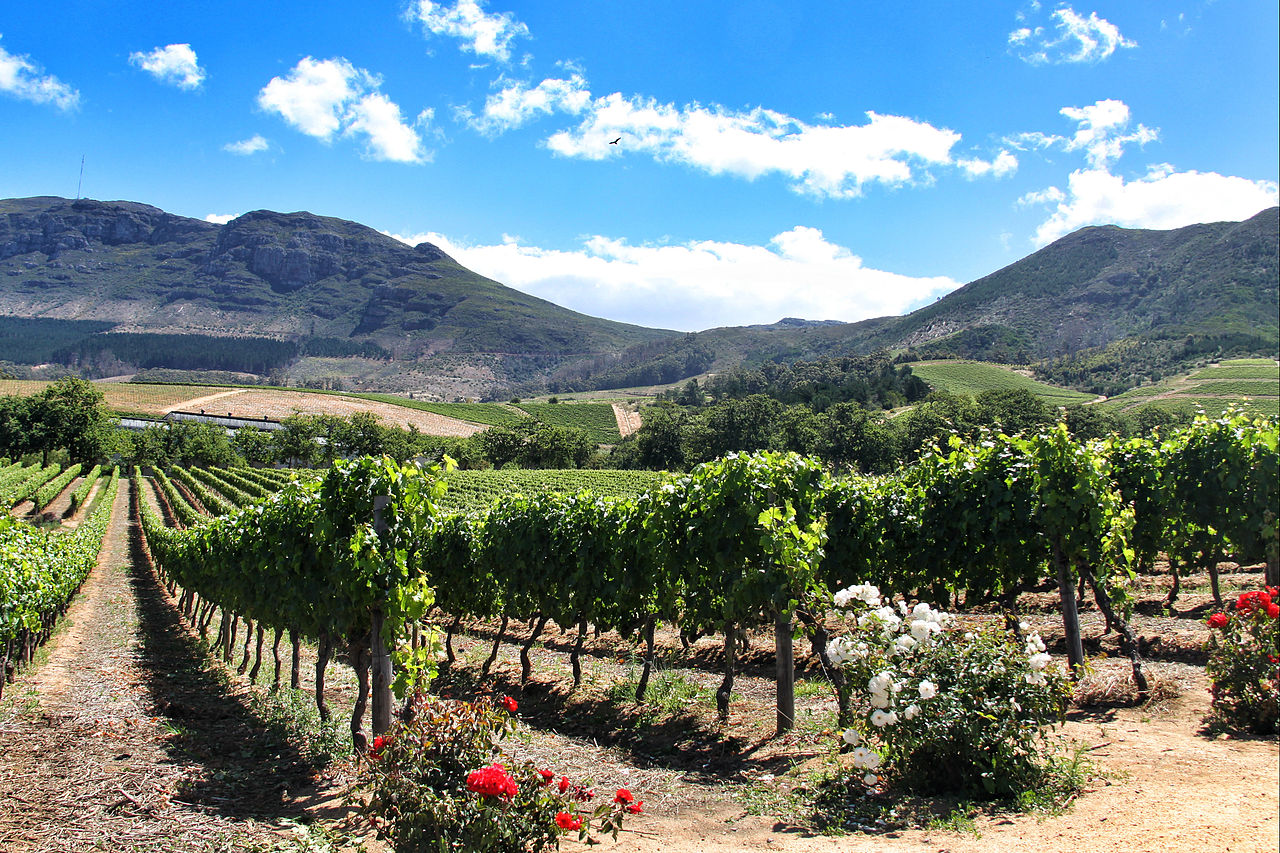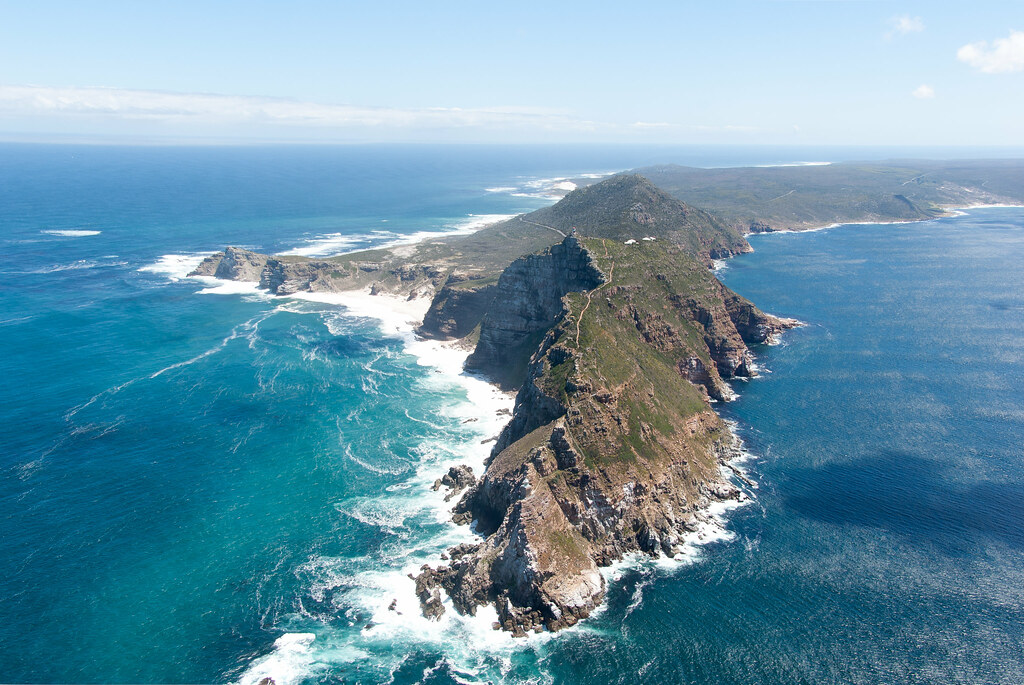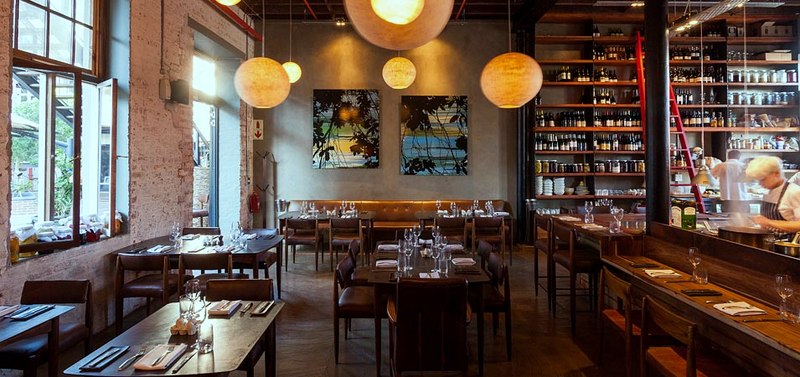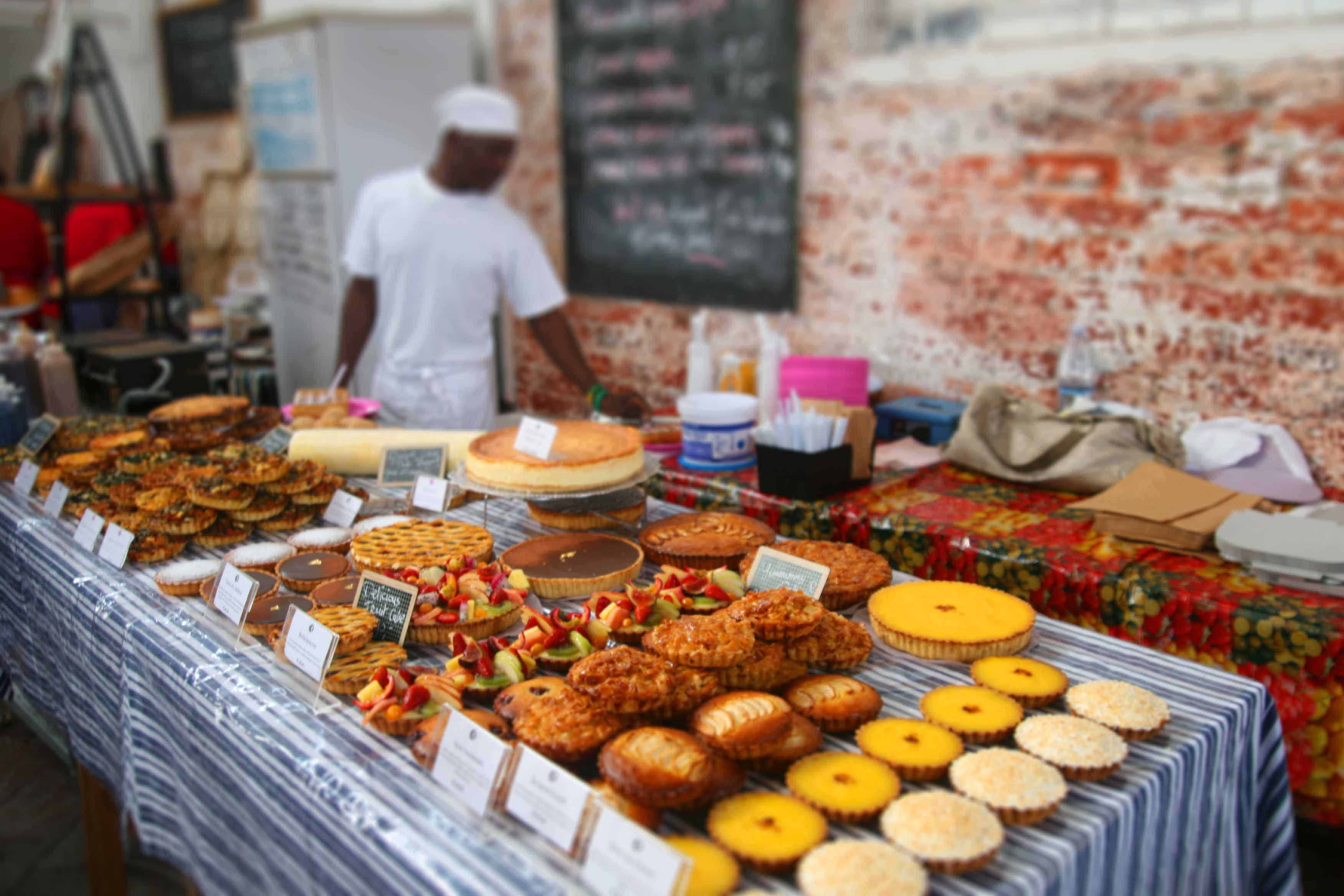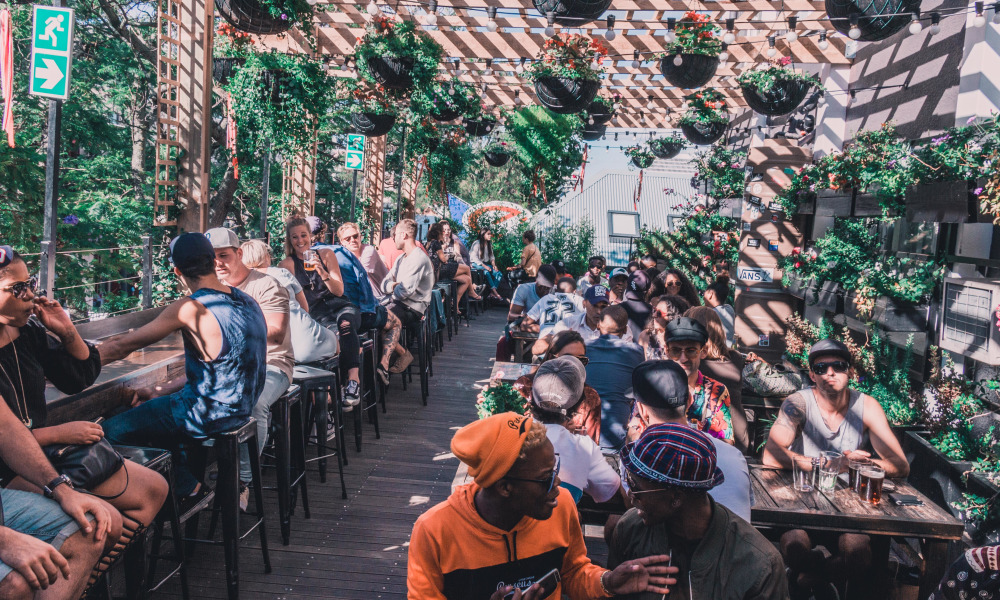
Cape Town
Cape Town is the second largest city in South Africa and is the capital of the Western Cape Province, as well as being the legislative capital of South Africa (the Houses of Parliament are here). It is located in the south-west corner of the country near the Cape of Good Hope, and is the most southern city in Africa. It is a stone's throw from South Africa's world-famous Cape Winelands around Stellenbosch, Paarl and Franschhoek.
Safety
Cape Town is less safe than you will be led to believe. As a newbie in town, you simply do not know the bad areas. ALWAYS take a taxi from the central bus station after dark. Better still, take one in the day time too, until you are more familiar of where to and where not to go, alone and loaded down with baggage. The police keep a fairly high profile during daylight hours, but less so at night. You'll get little help from the locals, as they fear for their own safety, too. Knife attacks are not uncommon. That said, it you're a careful you'll be fine. 10s of thousands of tourists visit Cape Town every year and are perfectly safe.
Geography
The Cape Town metropolitan area covers a large area, from Durbanville and Somerset West in the east to Cape Point in the south and Atlantis in the north. The city centre is located in a relatively small area between Table Mountain and Table Bay.
History
For tens of thousands of years, Cape Town was inhabited by the Khoe people known to the Dutch settlers as 'Strandloper'; South Africa's surviving Khoe people are related to southern Africa's indigenous 'Bushmen', who the Khoe called 'San'. Cape Town's European history began in 1652, when Jan van Riebeeck established a trading post there on behalf of the VOC (Dutch East Indies Company). The first European settlers were mainly Dutch, with some French Huguenots that had to flee from religious persecution in their home country. The first settlers soon explored the adjacent hinterland and founded the cities of Stellenbosch and Paarl in today's Cape Winelands. The Voortrekkers (Pioneers of European descent) started from here to explore and settle the rest of South Africa.
Today Cape Town is the legislative capital of South Africa. It is a world-class cosmopolitan city with numerous sites of historical significance, and a lively night-life, as well as a large gay community.
Climate
The summer months are from December to February. Days are usually hot, but the humidity is low, so it is not uncomfortable. You should stay inside or in the shade during the midday heat and use sufficient sun block. You will fight for space on the beach around New Year's with all the local tourists but it is still a great time to visit as there are a lot of events happening.
The winter months of June to August tend to be rather wet, which does not mean rain every day although it can rain for two weeks straight on occasion. It can also get very cold at night, with temperatures as low as 2 or 3°C (this is the temperature of the ocean so it will not get colder unless you go far inland) but 5-7°C normal. It will become warmer during the day, with temperatures between 9-15°C typical. It is often very cloudy with far fewer hours of sunshine.
Best times to visit
October and November: The weather is getting warmer. Spring is in the air, but it is not as hot as mid-summer yet. These months can be windy months. The South-Easter is known as the Cape Doctor as it blows away a great deal of pollution!
December to February: These are the prime summer months of long hot days. The sun sets late in the evening (it stays light up until about 8:30PM in December) and there is generally a lot going on. February is the most reliable month for weather, with week after week of hot days.
March to May: This can change from year to year, but generally it starts raining and the temperature begins to become cooler. There are far fewer visitors around, and you can get excellent deals on accommodation, food and most tourism services.
